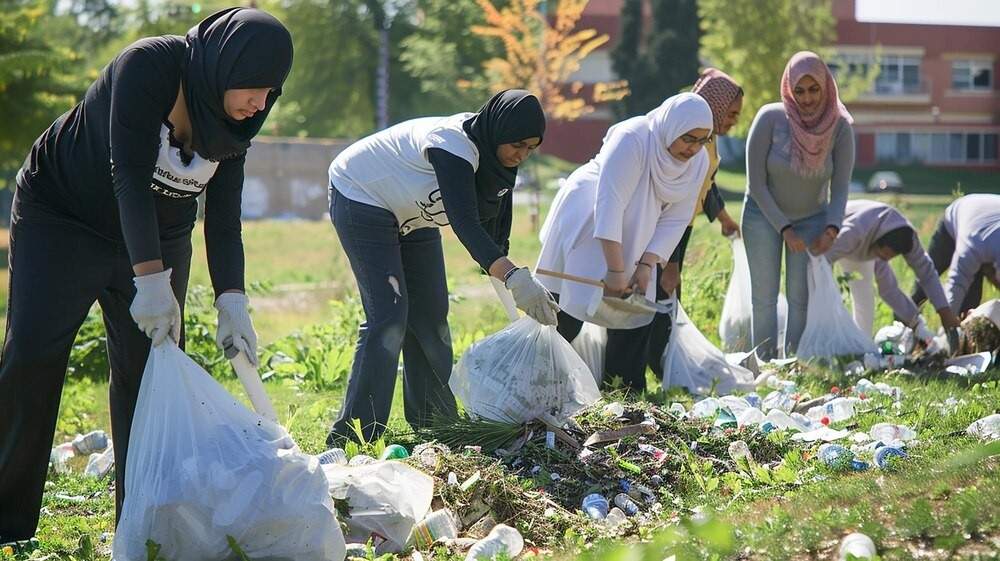From Grassroots to Legislation: How Strategic Advocacy Changed National Plastic Policy
When we first partnered with the Tai Global Elective (TGE) on their plastic pollution campaign nearly a year and a half ago, we knew we were tackling one of the most pressing environmental challenges of our time. Today, we celebrate a significant victory as the national government announced groundbreaking regulations that will reduce single-use plastic by 40% over the next three years.
This policy change didn’t happen overnight. It was the result of 18 months of meticulous planning, community engagement, and targeted advocacy. Our Advocacy & Behavior Change team worked alongside Tai Global Elective to develop a comprehensive campaign strategy that addressed both public perception and policy frameworks.
“At the heart of our approach was a behavior change framework designed to shift how citizens viewed and used single-use plastics,” explained Mohamed Abdi, our Senior Advocacy Specialist who led the campaign. “Our team conducted extensive research to understand the motivations behind plastic usage patterns and developed tailored messages that resonated across different demographic groups.”
The campaign's multi-channel approach included:
- Community workshops in 15 major cities
- Social media awareness campaigns reaching over 2 million people
- School education programs engaging 50,000 students
- Partnerships with 75 local businesses to adopt plastic alternatives.
- Targeted policy briefings for government officials


At the heart of our approach was a behavior change framework designed to shift how citizens viewed and used single-use plastics
- Mohamed Abdi
Results and Findings
The results were remarkable. Our final survey, conducted with 10,000 respondents across the country, showed that 72% supported the new regulations—a 23% increase from our baseline measurement at the campaign’s start.
“What’s particularly encouraging is that this support crossed all age groups and socioeconomic statuses,” Jane noted. “This demonstrates that when people understand the impact of their choices, they’re willing to make different ones.”

The new regulations
The government’s response was equally impressive. The new regulations include:
- A 40% reduction target for single-use plastics by 2026.
- Incentives for businesses adopting sustainable alternatives
- National education programs to support the transition
- Monitoring frameworks to ensure compliance
Success and Achievements
This success builds on our proven track record of achieving behavior change in over 75% of our advocacy campaigns. Our comprehensive approach—which begins with insight development, moves through campaign strategy design, and concludes with rigorous monitoring & evaluation—continues to deliver sustainable results for our partners.
As we reflect on this victory, we’re already looking toward the next challenges. The framework developed for this campaign will serve as a model for addressing other environmental concerns, proving that strategic advocacy can indeed create measurable policy impact.
We invite other organizations to learn from this campaign and explore how our advocacy approach can help their causes achieve similar success. Together, we can continue turning grassroots movements into national policies that protect our planet and its people.
For more information about our Advocacy & Behavior Change services, please visit our Advocacy & Behavior Change page. To learn about other successful campaigns we’ve run, check out our Case Studies section.






